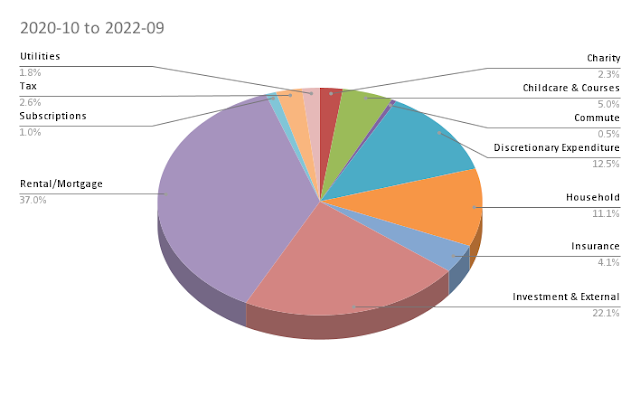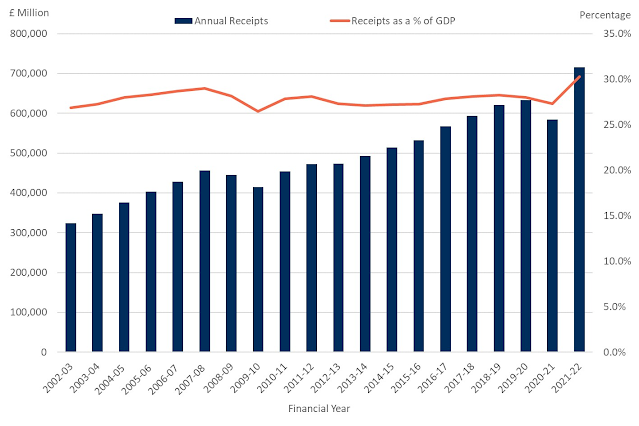Uni-Tasking vs Multi-Tasking for School Students in India
I was recently speaking to school students at Surana Jain Vidyalaya in Chennai with the purpose of sharing some of my experiences as a student and to see if I could answer any questions they might have. I was there because the school's principal, Mrs. Uma Murthy, knew me from when I was a kid and I had promised to speak to the kids. Me and Mrs. Murthy also share the history of being in Computer Science, she being a teacher and I being a student, from the 90s.
The students at this school were a very promising lot - they are aware of diverse range of companies and concepts and have the kind of ambition that I don't think our batch mates had back in the day. I hope they use their energy and enthusiasm in doing good things for society in the coming years.
One of the point I made was the multi-tasking isn't always such a bright idea. I believe that Mrs. Murthy is of the opinion that multi-tasking is now a inescapable way of life. I am writing this blog to see if I can throw further thoughts on the same.
As a 11th-12th Grade going school, we weren't worrying too much about Sports, Music or other school activities like Theater. It had come down to studies and more studies. The biggest reason for this turn in focus happens because of the looming college admissions. Colleges, specially for the field of engineering and medicine, had a different set of tests on which they judged students. So, in addition to taking your school exams, commonly referred to as Boards, there were the admissions tests also. With the curriculum and mode of questioning being different, you just had to learn and practice for two sets of exams.
So, at this age, you aren't really multi-tasking between studies and extra-curriculars, but you are multi-tasking between one kind of studies and another. Is that really healthy? And is it an inescapable way of life?
I personally have no problem with slicing times of the day or week between primary activities (studies, work etc) and hobbies (games, sports, music, reading etc) and I have been actively practiced this for many years now. A few minutes of reading takes my mind off work and somehow provides me with energy to attack my work problems afresh.
But when you slice time between studies and more studies, or work and more work, all you are doing is expending too much energy on one thing with no let off. I don't think that is healthy at all. Not only is it unhealthy, it is perhaps counter productive. You would perhaps know less of both kind of studies.
Back in our day, your board results held no value beyond your scoring a 60%, which is a pretty ordinary requirement - since the criteria of admission was solely on the basis of admission tests. So, you focused just on the admissions tests, till you realize you have gone too far and retreat back to studying for boards, losing focus on the admissions preparations and so on and on. I know it - I went through it.
Instead, I think it is easier for students to just pick their favorite mode of studies - whether board or admissions and focus on it, till they think they need a break. There are sufficient breaks that can form these milestones - your school breaks. So instead of slicing your day or week between boards studies and admission studies, you sliced your year into perhaps 6-8 slices of the form: Boards (2 months); Admissions (1 month); Boards (2 months); Admissions (6 weeks) etc.
The fact is that the two kind of studies are linked - it is just that boards have a tilt towards theory and admissions have a tilt towards practical problems. So if you spent a lot of time studying for the boards and got your theory really solid, then applying them on practical problems shouldn't be that hard. Hence the above suggested blocks should enable a student enough time to master both forms of tests.
In recent years, educational administrators have ensured that weight-age be given to board exam results too, and hence, getting good marks there too is a must. So, you don't need to lean on the admission exams as badly as we did back in 1990s. That said, in any case, it is just easier to slice total available time between the two studies and still do good.
It is important to note, however, that in an ideal education system, there shouldn't be two tests that students should be preparing for. After all the board exams are a test that is assessing the skills gained by the student - so why do we need two of them? The scope of that debate is a much longer and different blog - so I am skipping on it for the time being.
All in all, I am quite glad to be given the opportunity to interact with the students, and restore my faith in the survival of the human race - if there are good kids, then we should do good!
The students at this school were a very promising lot - they are aware of diverse range of companies and concepts and have the kind of ambition that I don't think our batch mates had back in the day. I hope they use their energy and enthusiasm in doing good things for society in the coming years.
One of the point I made was the multi-tasking isn't always such a bright idea. I believe that Mrs. Murthy is of the opinion that multi-tasking is now a inescapable way of life. I am writing this blog to see if I can throw further thoughts on the same.
As a 11th-12th Grade going school, we weren't worrying too much about Sports, Music or other school activities like Theater. It had come down to studies and more studies. The biggest reason for this turn in focus happens because of the looming college admissions. Colleges, specially for the field of engineering and medicine, had a different set of tests on which they judged students. So, in addition to taking your school exams, commonly referred to as Boards, there were the admissions tests also. With the curriculum and mode of questioning being different, you just had to learn and practice for two sets of exams.
| (Src: http://kaw.stb.s-msn.com/i/3F/BBF285B8A7BCEFF2E4988BA2AE9665.JPG) |
I personally have no problem with slicing times of the day or week between primary activities (studies, work etc) and hobbies (games, sports, music, reading etc) and I have been actively practiced this for many years now. A few minutes of reading takes my mind off work and somehow provides me with energy to attack my work problems afresh.
But when you slice time between studies and more studies, or work and more work, all you are doing is expending too much energy on one thing with no let off. I don't think that is healthy at all. Not only is it unhealthy, it is perhaps counter productive. You would perhaps know less of both kind of studies.
| (Src: http://media.newindianexpress.com/article1518265.ece/alternates/w460/exams.jpg) |
Back in our day, your board results held no value beyond your scoring a 60%, which is a pretty ordinary requirement - since the criteria of admission was solely on the basis of admission tests. So, you focused just on the admissions tests, till you realize you have gone too far and retreat back to studying for boards, losing focus on the admissions preparations and so on and on. I know it - I went through it.
Instead, I think it is easier for students to just pick their favorite mode of studies - whether board or admissions and focus on it, till they think they need a break. There are sufficient breaks that can form these milestones - your school breaks. So instead of slicing your day or week between boards studies and admission studies, you sliced your year into perhaps 6-8 slices of the form: Boards (2 months); Admissions (1 month); Boards (2 months); Admissions (6 weeks) etc.
The fact is that the two kind of studies are linked - it is just that boards have a tilt towards theory and admissions have a tilt towards practical problems. So if you spent a lot of time studying for the boards and got your theory really solid, then applying them on practical problems shouldn't be that hard. Hence the above suggested blocks should enable a student enough time to master both forms of tests.
In recent years, educational administrators have ensured that weight-age be given to board exam results too, and hence, getting good marks there too is a must. So, you don't need to lean on the admission exams as badly as we did back in 1990s. That said, in any case, it is just easier to slice total available time between the two studies and still do good.
It is important to note, however, that in an ideal education system, there shouldn't be two tests that students should be preparing for. After all the board exams are a test that is assessing the skills gained by the student - so why do we need two of them? The scope of that debate is a much longer and different blog - so I am skipping on it for the time being.
All in all, I am quite glad to be given the opportunity to interact with the students, and restore my faith in the survival of the human race - if there are good kids, then we should do good!



